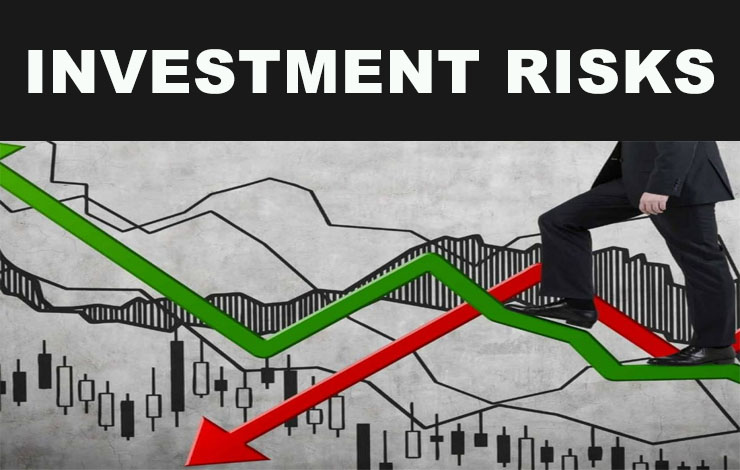Investing is a great way to grow your money over time, but it also comes with some risk. The more you know about the risks involved, the better equipped you will be to make sound investment decisions.
Here are some tips on how to reduce your investment risks:
- Do your research. Before you invest in anything, it is important to do your research and understand the risks involved. Read the prospectus carefully and talk to a financial advisor if you have any questions.
- Diversify your portfolio. Don’t put all your eggs in one basket. Spread your money across different asset classes, such as stocks, bonds, and cash. This will help to reduce your risk if one asset class performs poorly.
- Invest for the long term. The stock market is volatile in the short term, but it has historically trended upwards over the long term. If you are investing for the long term, you can weather short-term fluctuations and focus on long-term growth.
- Have a plan. Before you start investing, it is important to have a plan. What are your investment goals? How much money do you want to invest? How long do you have to invest? Once you have a plan, you can make informed investment decisions that are in line with your goals.
By following these tips, you can reduce your investment risks and increase your chances of success.
The risks of investing
All investments carry some risk. The more risky an investment is, the greater the potential for returns. However, the greater the risk, the greater the potential for losses.
Some of the most common risks associated with investing include:
- Market risk: Market risk is the risk that the value of your investments will go down. This can happen for a number of reasons, such as a recession, a bear market, or a natural disaster.
- Interest rate risk: Interest rate risk is the risk that the value of your investments will go down if interest rates go up. This is because if interest rates go up, investors will be able to earn higher returns on other investments, such as bonds. This can lead to investors selling your investments, which can drive down the value of your investments.
- Liquidity risk: Liquidity risk is the risk that you will not be able to sell your investments quickly and easily. This can happen if there is a lot of selling pressure in the market or if your investments are illiquid.
- Credit risk: Credit risk is the risk that the company or government that issued your investment will not be able to repay their debt. This can happen if the company or government goes bankrupt or if they default on their loans.
- Political risk: Political risk is the risk that the political situation in a country will change and affect the value of your investments. This can happen if there is a coup, a revolution, or a war.
How to do your research
Before you invest in anything, it is important to do your research and understand the risks involved. Read the prospectus carefully and talk to a financial advisor if you have any questions.
The prospectus is a document that provides information about an investment, such as the company’s financial statements, management team, and business plan. It is important to read the prospectus carefully so that you understand the risks involved in investing in the company.
A financial advisor can help you to understand the risks involved in investing and to create a plan that is tailored to your individual needs.
The importance of diversification

Diversification
Diversification is the practice of investing in a variety of different asset classes, such as stocks, bonds, and cash. This helps to reduce your risk by spreading your money across different investments.
For example, if you invest all of your money in stocks and the stock market crashes, you could lose a lot of money. However, if you have diversified your portfolio and invested in stocks, bonds, and cash, you will be less likely to lose all of your money if the stock market crashes.
The benefits of investing for the long term
The stock market is volatile in the short term, but it has historically trended upwards over the long term. This means that if you invest
